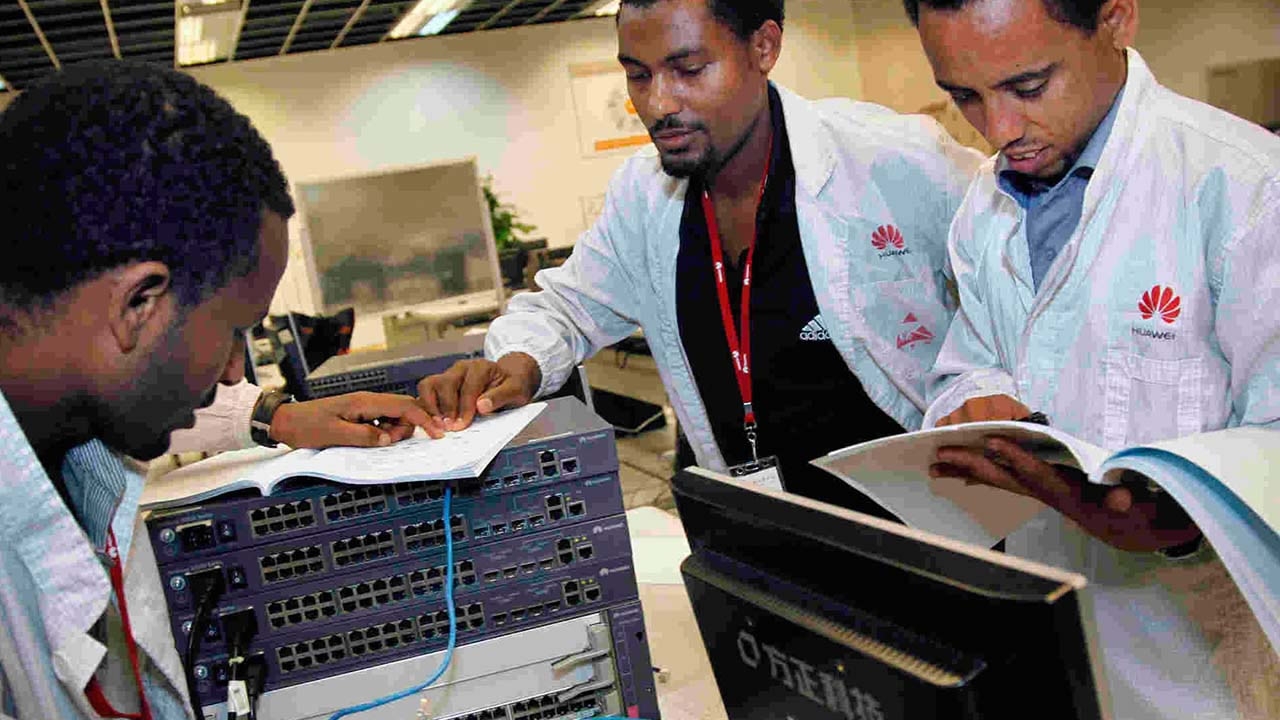
Business
23:17, 01-Sep-2017
BRICS Cooperation: corporate power to strengthen China-South Africa relationship
By CGTN’s Gao Songya

Governments of the BRICS countries – Brazil, Russia, India, China and South Africa – have been the major force behind their internal cooperation. They formed New Development Bank to boost infrastructure.
According to Jeremy Stevens, Economist for Standard Bank, South Africa, that is actually the governments laying a great foundation for the business community to play a bigger part in the future,
The combined GDP of the five countries rose from 9.7 trillion US dollars in 2009 to last year’s 17 trillion US dollars, which is nearly 23 percent of the world’s GDP.

The New Development Bank (NDB) opens its first regional branch on August 17 in Johannesburg, South Africa, and President Jacob Zuma (L) is there to witness. /Xinhua Photo
The New Development Bank (NDB) opens its first regional branch on August 17 in Johannesburg, South Africa, and President Jacob Zuma (L) is there to witness. /Xinhua Photo
"Government has done an amazing job in setting the infrastructure around BRICS economies, and now it’s about the private sector guys and the corporations to take the initiative and create successes over the next 20 years,” said Stevens.
Private sector in China and South Africa is already boosting the infrastructure projects. Around 160 large and medium-sized Chinese companies are investing money in South Africa. They have pumped in more than 13 billion US dollars to build various infrastructures in South Africa.
South Africa has become the first African country to have access to Chinese mobile payment. Ant Financial, the financial service affiliate of Chinese e-commerce giant Alibaba, just reported that their Alipay business has reached 10 thousand merchants in South Africa.

Chinese tech giant Huawei plays an active role in China-South Africa collaboration in science and technology. The company last year signed an agreement with South Africa's Information Communications Technology (ICT) Ministry, to train 1,000 ICT professionals over the next five years, and create at least 500 jobs in its new innovation center.
Stevens also noted that about 100 Chinese companies are in the global fortune 500, and Standard Bank is committed to help them shift investment focus to BRICS countries.
“The most important part is the surge in global-minded and ambitious corporations from the BRICS, who are reshaping global trade and investment cords,” said Stevens.
(CGTN's Sumitra Nydoo also contributed to the story)
Read more stories about BRICS Cooperation:
1945km

SITEMAP
Copyright © 2018 CGTN. Beijing ICP prepared NO.16065310-3
Copyright © 2018 CGTN. Beijing ICP prepared NO.16065310-3